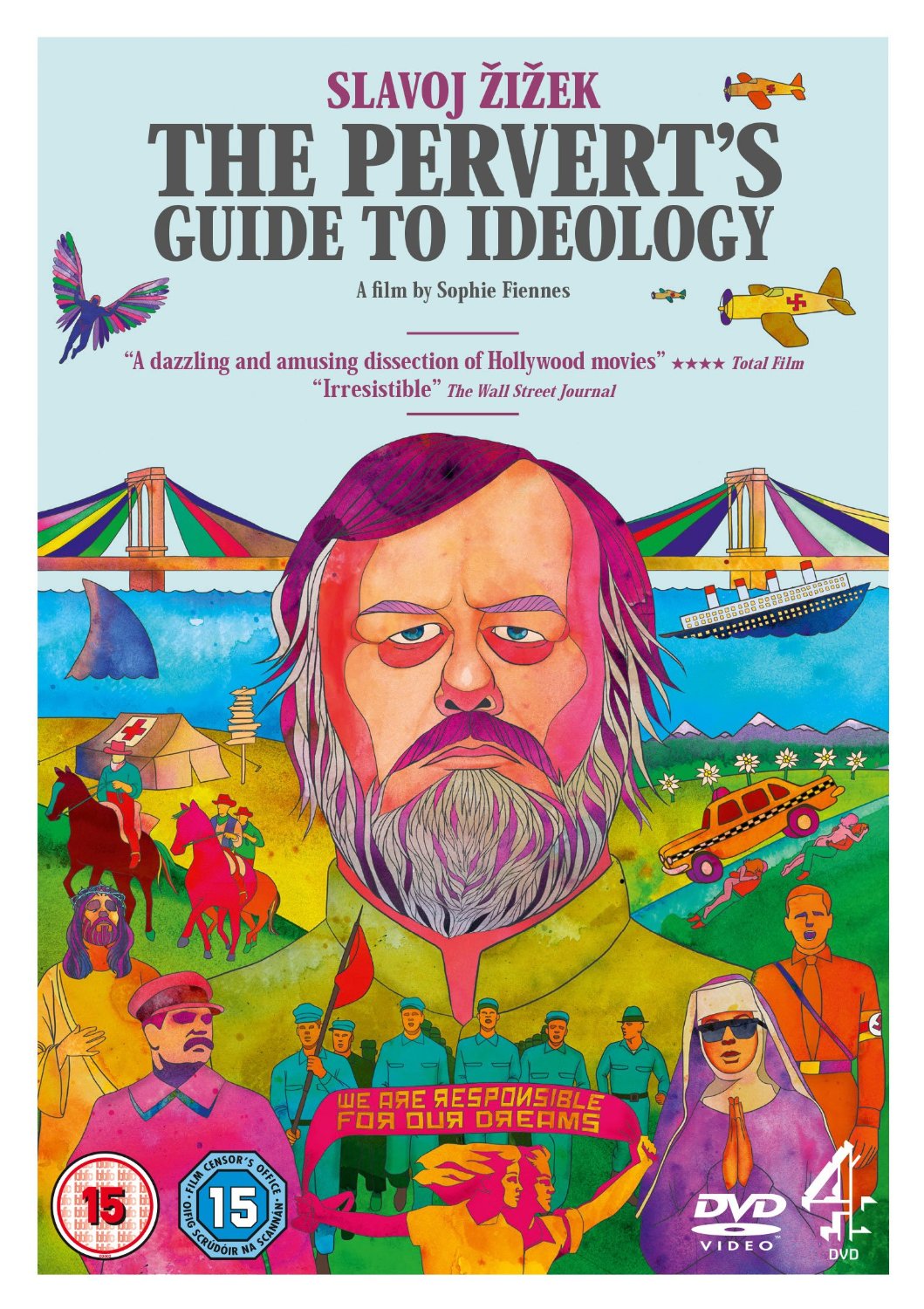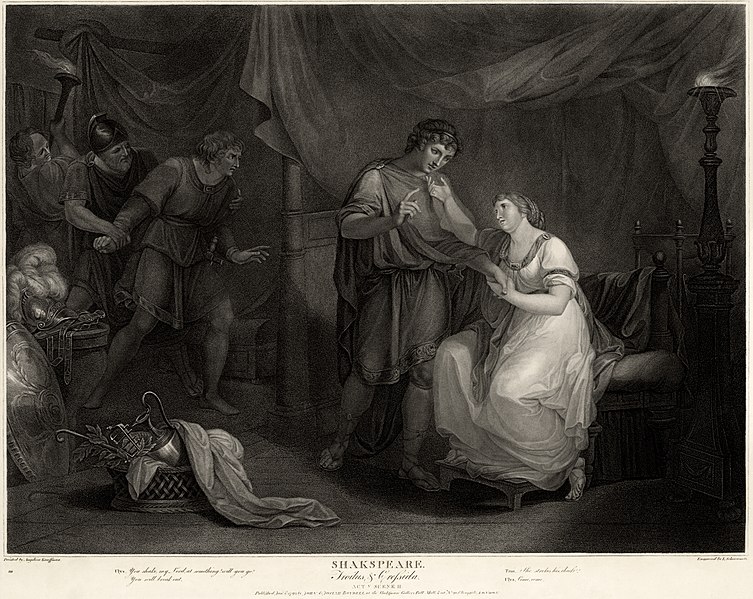 |
| An Aztec priest removes a man's heart in a sacrificial ritual and offers it to the god Huitzilopochtli (from handcoloured engraving by Giulio Ferrario's Ancient and Modern Costumes of all the Peoples of the World, Florence, Italy, 1843) |
Human sacrifice is one of the many threads underlying the A Song of Ice and Fire series. I have become increasingly convinced that the Unifying Theory of ASOIAF must contain this idea. I am trying to compile a list of as many human sacrifices in the novels as I can remember. There are probably more.
Old Gods of the North
In ADWD, Bran sees through the heart tree (the one in Winterfell?) the past, present, and future. His visions are described backward in time: First he sees Ned Stark, his father, sitting under the tree. Then an earlier scene of a boy and girl fighting with wooden swords, presumably Lyanna and Benjen Stark. The time is then fast rewound to much earlier times in the North, when he witnesses human sacrifice by the ancient people. The victim's throat is cut and blood flows into the roots of the tree.
It is generally believed that the Children of the Forest conducted human sacrifice to the Old Gods. This tradition has led to the speculation that Jojen has been killed and fed to Bran by the Children in the underground caves. Even if Bran has not drunk Jojen's blood, the fact remains that human sacrifice is part of the Old Gods' requirement and necessary for their powers.
R'hllor of Asshai
The Azor Ahai myth shows that human sacrifice is also a foundation of the religion of R'hllor, also known as the Lord of Light. The ancient mythical hero forged his magical sword Lightbringer, the weapon against darkness, by driving the red hot flaming sword into his wife's heart.
Side note: Forging a perfect sword with human blood sacrifice is a proto-myth I am very familiar with from Chinese folklore. It's traced back to as far as over 2000 years ago. Whether the original story initiated in India, the Middle East, Asia Minor, or China, I have no idea.
As far as we have seen, Melisandre is the only red priest who does human sacrifice through burning. Neither Thoros nor Moqorro has burned anyone yet. On the contrary, Thoros has given life (sort of) to Berrick Dondarion seven times. Nevertheless, we cannot deny that human sacrifice appears to create powerful magic for Melisandre that allows her to assassinate enemies.
If we were to believe that Shireen Baratheon is really burned as a sacrifice to R'hllor, the concept of human sacrifice is definitely a part of this religion. Not only is king's blood especially powerful (with reference to Mayan religious sacrifice rituals), but child sacrifice is apparently more desirable to the god than decrepit old people, just like human society.
The Others
So far the novels have not directly described human sacrifice in these creatures, but the TV series have probably given it away in a Season 4 episode. At the end of this episode, we see an Other carrying one of Crastor's babies deep into the land of endless winter and places him on an icy alter. Their leader, identified as the Night's King, picks up the baby and turns his eyes blue.
Note the element of not only human but child sacrifice here. The question remains: Why do the Others demand so many male infants from Crastor? He is practically manufacturing babies for them over the years. It has been speculated that, by the constant perverse offerings, Crastor has maintained peace with the icy creatures and kept them from attacking the Wall. Is Crastor in fact a saint who is responsible for the long summer by sacrificing his own, uh, production? Alternatively, the Others may have been training a special operation troop with converted Crastor's babies who will serve some special purpose during their invasion.
Side note: We should keep in mind that GRRM has said that the Others are
not dead or zombies, and they are not evil. There is an underlying logic for their behavior and migration, which is an integral part of the seasons. They don't eat brains and they probably don't exist just to be humans' enemy. This is a key point that has been ignored by nearly every interpretation of their nature.
Many-Faced God
We have learned nearly everything about this god of all gods from Arya's perspective. Human sacrifice is not as apparent in this religion as the other ones in the novels --- or perhaps it is the
most apparent. What is the mantra of Faceless Men?
Valar Morghulis. Valar Dohaeris. All men must die. All men must serve. What the hell does it mean? Why are these phrases together? Are Faceless Men merely an organization of hired hit men who assassinate for money? Not at all. They are servants of the Many-Faced God. Their service is to kill, ie, to take lives. All men must serve. They kill to serve their god. Hence death is a service. Hence death is sacrifice. They are the high priests at the alter, cutting out the heart and draining the blood of the offering.
Jaqen H'gar has explained to Arya (and us) the workings of the religion right in ACOK. Arya has saved 3 lives, including his; therefore, she has "robbed" his god of 3 lives that were supposed to be offered. To appease the god, Jaqen must kill 3 people --- maybe they have to be of her choosing, or maybe he just likes her --- to pay the god back. In other words, he must give the god his due sacrifice. The balance is then restored, and disaster has been prevented.
Where Are My Dragons?!
This is perhaps the best evidence that the hidden connection between human sacrifice and magical powers is part of the original plan for the series.
We are told that Mirri Maz Duur's magic is blood magic. When Daenerys begs her to save Khal Drogo's life, she does, but it is later revealed that his (sort of) life is gained by killing Dany's unborn baby. A life for a life. Blood for blood. The balance must be maintained (sounds familiar?). When Dany gives birth to the dead baby and understands this transaction, she gives Drogo the gift of death (again, sounds familiar?). She then burns 3 bodies in the pyre: Drogo, her child, and Mirri Maz Duur. Three lives are sacrificed in fire, a common practice in history and echoing Melisandre's approach, to an unnamed god. Which god is this? We don't know, although Mirri Maz Duur was from Asshai like Melisandre.
The god repays her sacrifice without fail. From the ashes she hatches 3 live dragons. Three humans for 3 dragons, not to mention at least 2 of these lives are of royal blood and 1 is an unborn fetus. This is exactly how magic works. This is how the god works across this entire world from Asshai to Westeros. It is almost certain that the Faceless Men are correct --- There is only one god in this world, taking different shapes and worshiped in different ways by different tribes.
True, neither the Seven of Andals nor the Drowned god of the Iron Island appear to fit the pattern of the above-cited gods. Are they different supernatural forces or merely different faces of the same god? It remains unclear but GRRM has no doubt mapped it out from the start.









